Museums in Trinité, Martinique
Read moreThe botanical garden of Carbet
Gardens in Carbet, Martinique
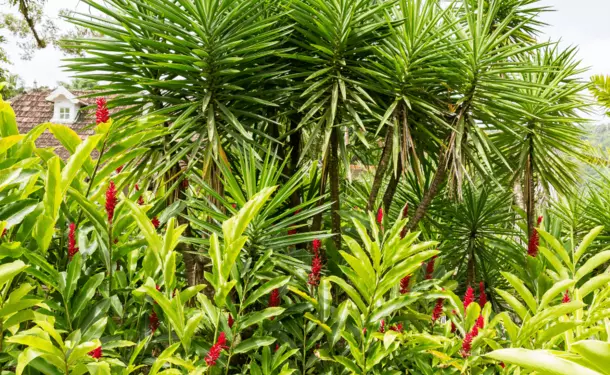
-
Lasts about 1h
-
Phone : +596 596 52 76 08
- You own this tourist site and want to change its content? Contact us.
Overview
The botanical garden of Carbet is an exceptional green setting, installed in the heart of the remains of the sugar house of Anse Latouche. In this unique place, full of history, you will discover the richness of the West Indian flora and fauna.
The dwelling of Anse Latouche, witness of the history of Martinique
The Anse Latouche house is located between Carbet and Saint-Pierre, in the northwest of Martinique. It was built in 1643 after the arrival of the first French settlers. It is considered one of the oldest dwellings on the island.
The dwelling bears witness to the beginnings of the Martinique economy. Cocoa, tobacco, cassava, indigo and, of course, sugar cane were grown here. In the XIXᵉ century, this beautiful property was transformed into a rum distillery, but the story came to a premature end in May 1902.
Mount Pelee erupts, and its fiery clouds are devastating. Only the ruins remain of the prosperous house. You can see, among other things, the mansion, the slave huts, the industrial chimney or the water mill. You can also admire the only dike in Martinique, dating from 1716. It was used to feed the water wheel via the aqueduct. It also protected the property from the 100-year floods of the Latouche River which runs through it.
The botanical garden of Carbet: the rebirth of the Latouche house
After its destruction, the Anse Latouche dwelling was abandoned for almost a hundred years. It was then that the landscape architect Jean-Philippe Thoze decided to save this West Indian heritage. The man who also designed the garden of Balata decided to transform it into a spectacular landscaped park. This is how the Carbet's Garden was born around the remains of the colonial residence.
Trees and tropical plants now form plant pictures that invite you to stroll around. Thanks to an arranged path, you can stroll among palms, cacti, orchids and other endemic species of the Antilles. The different atmospheres of the botanical garden of Carbet rub shoulders with the remains of the dwelling of Anse Latouche. In the midst of the vegetation, you will plunge into the history of Martinique and the life of the colonial era.
An enchanting garden, now a zoo
Since 2014, the Gardent of Carbet is also zoological. This new generation animal park works for the well-being of the animals, particularly thanks to more adapted infrastructures. The Carbet zoo (or Martinique zoo) is home to species from all over the world. You can meet racoons, jaguars and emperor tamarins.
You move from one enclosure to another by means of walkways and pontoons that blend into the scenery. Your visit takes you to the immersion aviary. In this privileged space, you are close to the birds, like the shy rainbow lorikeets. The Carbet Zoo also has a butterfly greenhouse: a must-see to marvel at the brilliant colours of the lepidopterans.
The Gardent of Carbet is a visit not to be missed if you travel to the North Caribbean coast. It is an opportunity for a peaceful and rewarding stroll in the heart of a lush vegetation. Full of history and charm, it will seduce families as well as botany enthusiasts.
What to expect
2 photos

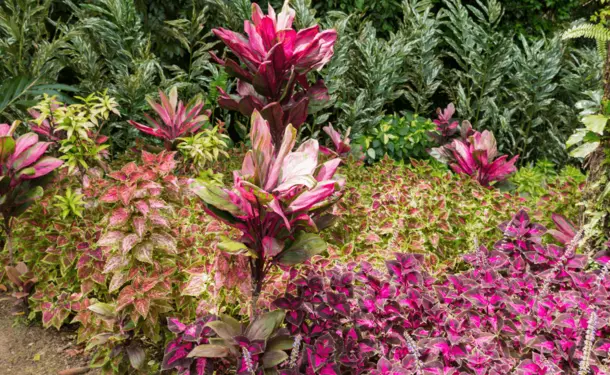
The gardens of the island of Martinique
- Botanical Garden of Balata
- The Garden of Bel Air
- The Bonneville Garden
- The Gardens of the Clement Residence
- The botanical garden of Carbet
- The Emerald Domain
Other sites in Martinique
Some activities to do in Martinique
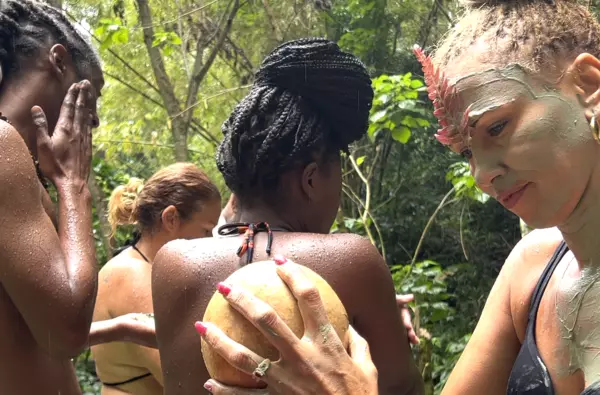
50 €/adulte - lasts 3h
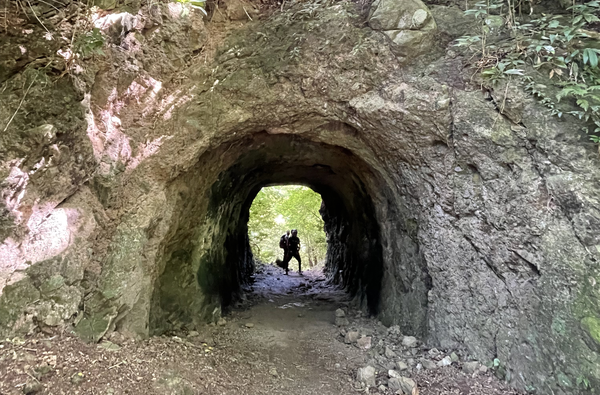
110 €/adulte - lasts 6h30

98 €/adulte - lasts 7h
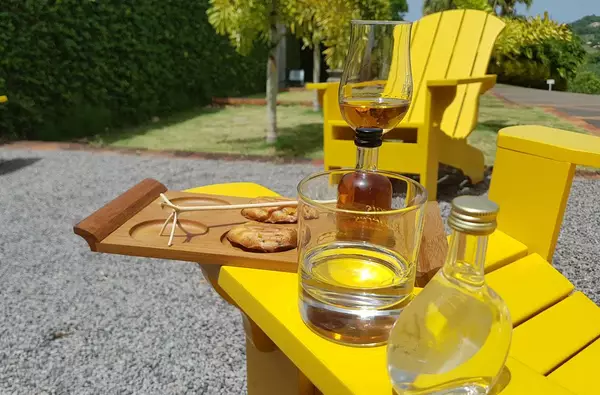
45 €/adulte - lasts 4h



